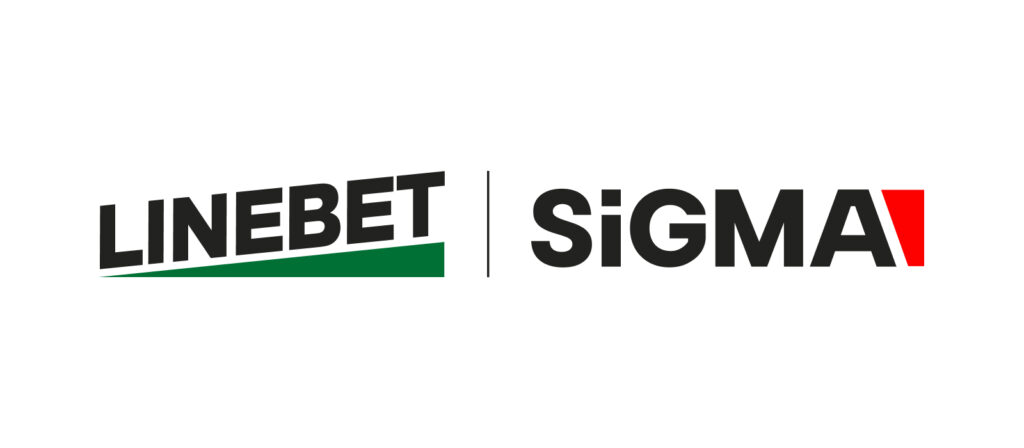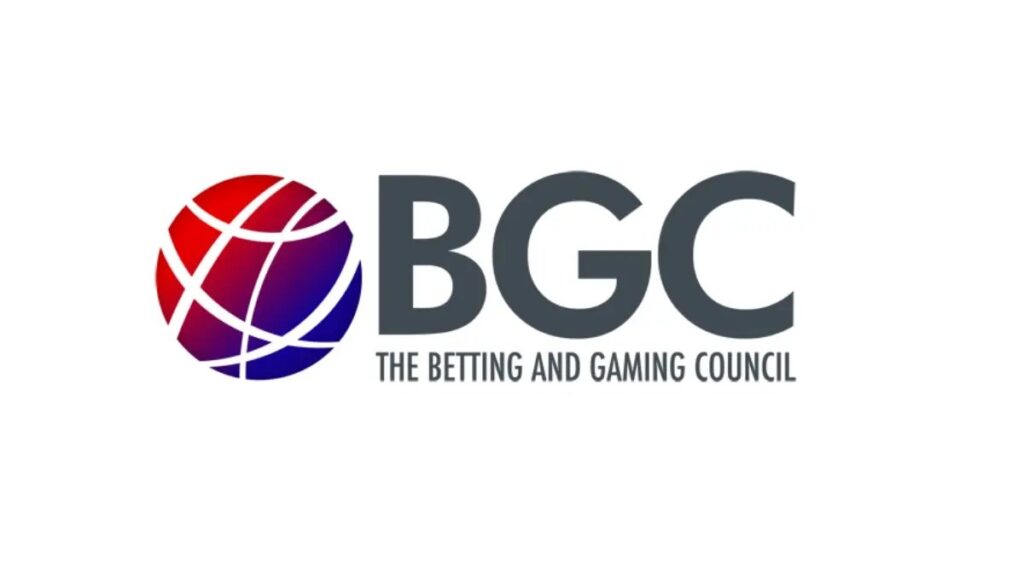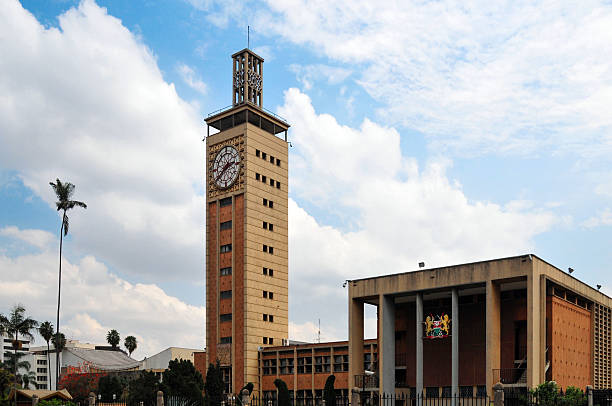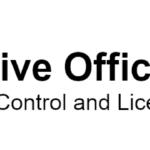Now Reading: South Africa Gambling Laws and Regulations – 2025 Overview
-
01
South Africa Gambling Laws and Regulations – 2025 Overview

South Africa Gambling Laws and Regulations – 2025 Overview
South Africa has a well-established legal and regulatory framework for gambling. Governed by both national and provincial laws, the system covers land-based and online gambling, licensing, enforcement, and responsible gaming. Here’s what you need to know about Soutj Africa gambling laws and regulations in 2025.
Key Gambling Authorities in South Africa
Gambling in South Africa is regulated by both national and provincial authorities:
- National Gambling Board (NGB) oversees the broader regulatory framework and ensures compliance with national standards.
- Provincial Gambling Boards operate in each of the nine provinces, issuing licences and enforcing rules.
- National Lotteries Commission (NLC) regulates all lottery activities.
These bodies regulate different types of gambling including casinos, betting, bingo, poker, lotteries, and skill-based games.
Read Also: Kenya Gambling Regulations and Laws: Updated 2025
What Types of Gambling Are Legal?
Gambling laws in South Africa differentiate between types of gambling products:
- Casino games (e.g., slots, blackjack) are allowed in licensed land-based casinos. Online casino games are allowed under certain provincial bookmaker licences.
- Poker and bingo are also regulated, with land-based operations permitted through licences. Online poker is allowed only in certain provinces; online bingo is generally prohibited.
- Betting on sports and horse races is permitted both online and offline, subject to licensing.
- Fantasy sports and pools are treated differently depending on their format, possibly falling under betting or lottery laws.
- Lotteries are regulated by national laws. Only one national lottery licence is granted at a time.
- Social gaming (with no money or prizes) and skill-based competitions are generally permitted.
Read Also: Malawi Gambling Regulations 2025: A Complete Guide
Licensing Requirements and Process
To operate legally, a gambling operator must obtain the appropriate licence:
- Casino, poker, bingo, and betting operators need a licence from the Provincial Gambling Board where they operate.
- Lottery operators need a national lottery licence from the NLC.
- Skill games and social gaming typically don’t require licences if no money or chance is involved.
The application process varies slightly by province but generally includes:
- Background checks and financial scrutiny of applicants.
- Application fees and advertising of the licence application for public comment.
- Review and approval by the Provincial Gambling Board.
The process can take 5 to 12 months depending on the province. Most licences require renewal and can be reviewed, suspended, or revoked for non-compliance.
National vs Provincial Regulations
South Africa’s Constitution allows both national and provincial governments to regulate gambling. The National Gambling Act provides a framework, while each province has its own laws and licensing system. Although mostly aligned, differences in implementation exist across provinces.
In practice, this means an operator must comply with both national standards and provincial rules. Bookmakers, for instance, may accept bets from any province even if licensed in only one.
Restrictions on Operators
Operators face strict rules, including:
- Age limits: Only individuals aged 18+ can gamble.
- Advertising rules: All ads must include responsible gambling warnings. Some provinces, like the Western Cape, require pre-approval for ads.
- Black Economic Empowerment (BEE): Licensees must comply with BEE laws, often involving ownership by previously disadvantaged South Africans.
Taxes and Levies
Taxes vary by province and gambling product:
- Bookmakers: Taxed around 6.5% of gross gambling revenue (GGR).
- Casinos: Typically taxed between 10% and 15% of GGR.
- VAT applies to GGR in most cases.
Social Responsibility and Player Protection
While South Africa’s responsible gambling measures are still developing, certain safeguards are in place:
- Health warnings are mandatory in all gambling advertising.
- Self-exclusion programs are available but sometimes difficult to enforce.
- Land-based casinos must restrict ATM visibility and encourage responsible play.
Anti-Money Laundering and Payments
All licensed operators must comply with AML regulations under the Financial Intelligence Centre Act. This includes reporting suspicious transactions and conducting customer due diligence.
Operators can accept payments via various methods, including bank transfers, cards, vouchers, and even cryptocurrency, which is regulated under financial laws.
Online Gambling in South Africa
Online gambling is tightly regulated:
- Local operators must be licensed by a Provincial Gambling Board.
- Foreign operators are not officially allowed to offer services to South Africans, although enforcement is limited.
- Payment restrictions and foreign exchange controls make it harder for South Africans to gamble on offshore sites.
Some provinces, like the Western Cape and Mpumalanga, allow their licensees to offer online casino-style games, while others do not. This creates legal grey areas when players from more restrictive provinces access these games online.
Current Legal Disputes
A major legal dispute is ongoing regarding secondary lottery products offered by bookmakers. The NLC has challenged their legality, and the case is now before the Supreme Court of Appeal. The outcome could shape the future of online betting and lottery products.
Enforcement and Penalties
Offering or participating in illegal gambling activities carries serious penalties:
- Fines of up to R10 million or 10 years in prison under the National Gambling Act.
- Provincial laws also impose penalties, but often at lower levels.
- Unlicensed operators are frequently targeted in joint operations with the police, especially land-based shops.
However, online black-market gambling remains difficult to eliminate entirely.
What Reforms Are Expected in 2025?
South Africa may soon see significant changes in gambling law:
- Stronger focus on responsible gambling, including enhanced player protection rules.
- A proposed bill aims to create a national online gambling licensing regime. This bill could allow for regulated online casinos, poker, and betting exchanges. Public hearings may take place in 2025, but the bill still has a long road ahead before becoming law.
South Africa’s gambling market remains one of the most structured and regulated in Africa, balancing economic opportunity with social responsibility. As online gambling continues to grow, industry stakeholders and regulators will need to align on reforms that protect players while supporting innovation and investment.
Read Also: Tanzania Gambling Regulation and Laws












